Table of Contents
This guest post was written by David Gray, an acid reflux and GERD expert–and daily coffee lover–who writes over at WipeoutReflux.com. In this article, you’ll see how how to drink coffee without getting acid reflux or heartburn and without quitting coffee.
As a long-time lover of coffee, it was hard, if not devastating, for me to hear that once I developed acid reflux symptoms and coffee heartburn symptoms, that I must stop drinking coffee completely.
It was a like a morning death sentence.
Little did I know, I didn’t have to stop enjoying coffee. There were other things I could try – and they ended up working.
So don’t call it quits just yet.
Here’s how I discovered a way to enjoy coffee and kick the acid reflux and prevent coffee heartburn.
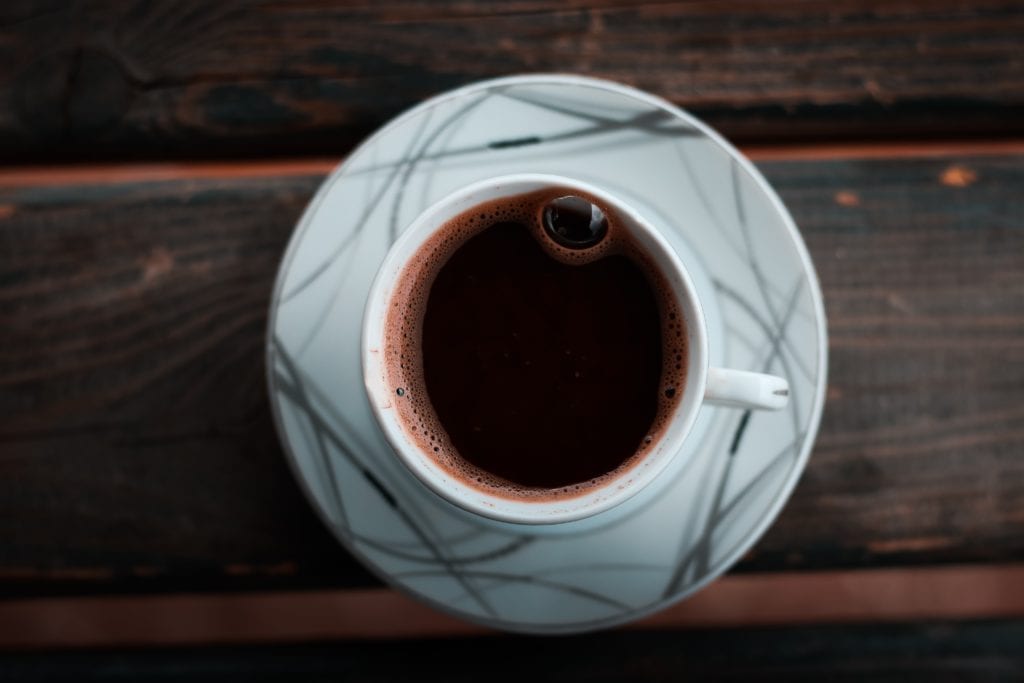
I Cut Coffee Due to Gastroesophageal Reflux Cold Turkey… Then I Cheated
So many people told me I just had to quit, that there was no other way. So I listened and put coffee in the rear-view mirror (with much bitterness).
But I still craved coffee.
It only lasted a month. I gave in, savored a rich mug of coffee, and immediately regretted my decision afterwards.
The acid reflux symptoms came back – with a vengeance.
But I knew I loved coffee too much to just quit. There had to be a better way. Surely there was something I could do.
So I started doing some research (read: hours and hours and hours of research). And it started to look like I’d discovered the source of my discomfort: caffeine.
Or so I thought.
Tried Decaf Coffee To Help With The Heartburn… That Didn’t Work
I quickly discovered the lower esophageal sphincter muscle (LES) located just above the stomach that’s designed to keep acids in your stomach. The problem with caffeine is that it causes this muscle to relax and stay a little bit open.
This is what causes acid reflux in some coffee lovers. The solution seemed simple: drink decaffeinated coffee instead of regular coffee.
So I brewed up a cup, enjoyed it, and waited. And then it happened.
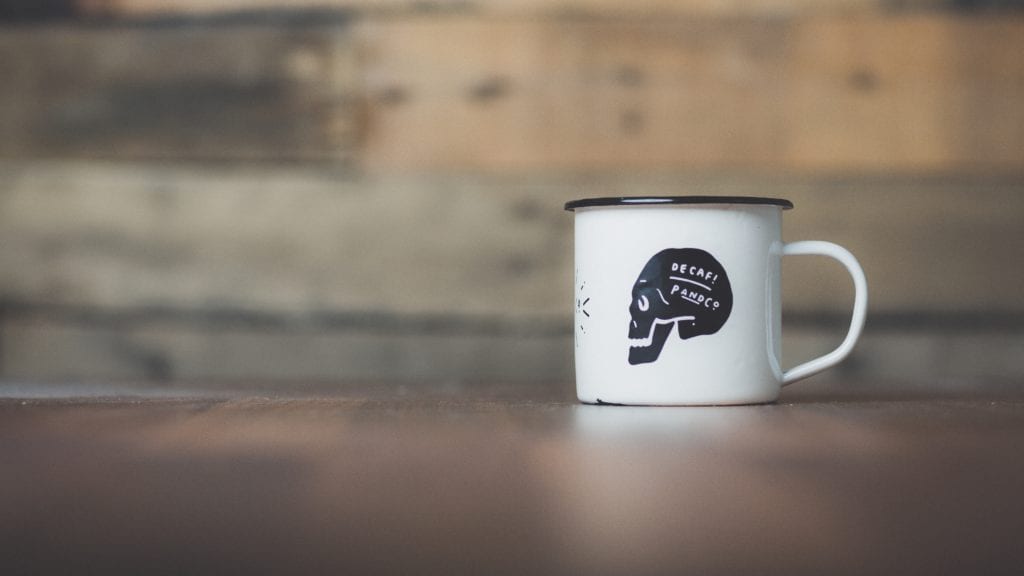
Decaf wouldn’t cut it. There had to be some other cause for the acid reflux other than caffeine. I had to keep looking.
I tried different kinds of beans, various milks and creamers… I even experimented with different kinds of water!
And eventually, I found the trick that resolved all the upset stomach and gastroesophageal reflux issues for me.
Actually, there were three that calmed my sensitive stomach.
Trick #1: Well, I Actually Still Drink Decaf Coffee
It may seem stupid. Why should I even bother with coffee being decaf when it didn’t help me before?
Well, I prefer to take the option without the caffeine as it should only help with preventing any acid reflux, since many people do report that caffeinated coffee specifically is the problem.
In order to be more safe than sorry, I personally use Volcanica Decaf Coffee which is also a low acid coffee (more on that below).
Trick #2: Cold Brew Coffee Can Nix The Stomach Aches
Believe it or not, the best option is cold brew – and really it is the only option for someone with more severe acid reflux like myself.
The reason is that cold brewing actually reduces the acid levels of your coffee by 67%. This is a significant difference for someone with acid reflux! It’s fundamentally a different process, using cold water instead of hot water – and that results in some chemical changes, like lower acidity.
This means you can have any coffee you want from your favorite roasters, or you can buy pre-made cold brew bottles (they still taste delicious!). The point with cold brewing is that you’re free to use whatever bean (even dark roast coffee) you want.
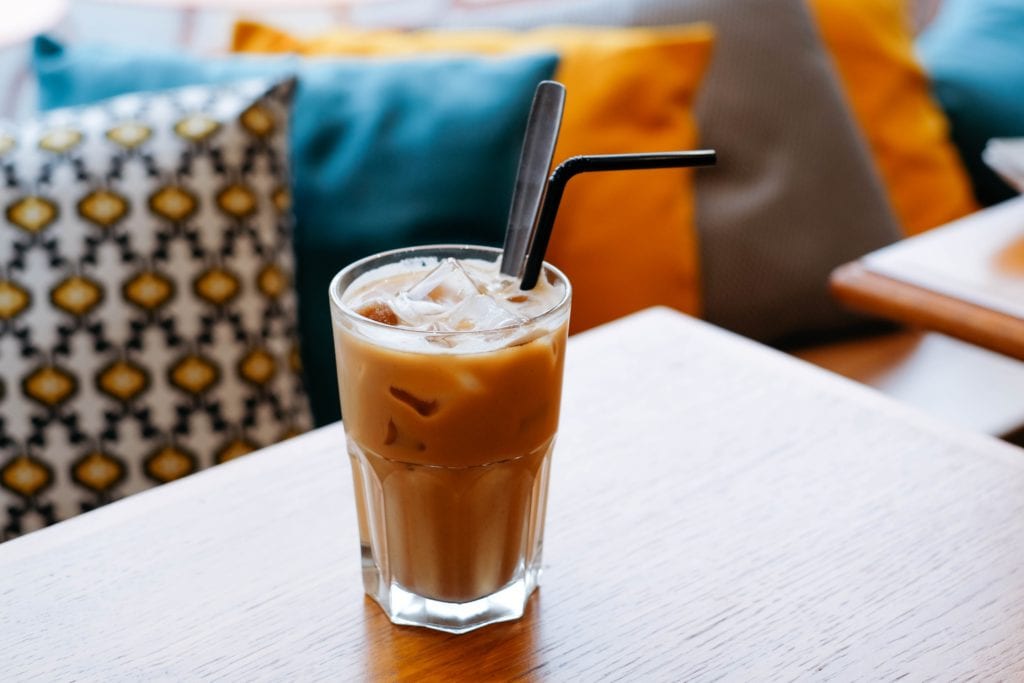
Trick #3: Explore Low Acid Coffee Beans
Unfortunately, this method isn’t foolproof.
It often mean trying various coffees until you find one that you enjoy and can drink without any adverse reflux effects. Not all “low acid coffees” are made equal, because it’s almost impossible to fully control the acid content of a coffee bean (it comes from a living plant, after all).
As mentioned, I’ve personally had good luck with Volcanica Low Acid Decaf Coffee. This coffee is branded as acid free. They use an acid reducer roasting process called ‘Z-Roasting’ – it’s meant to prevent harmful coffee acid that are normally created during the typical roasting process.
They also use the Swiss Water Decaffeination method. This is easily the best method for decaffeination because it doesn’t use harmful chemicals which are commonly used for decaffeination techniques.
Trick #4: Try A Coffee Alternative Like Four Sigmatic
Get this… turns out there’s a coffee-like mushroom brew that’s rich with natural caffeine, tastes very much like coffee, but doesn’t cause tons of stomach troubles. Not to mention, it’s dense with vitamins and nutrients.
People go nuts over this stuff, and I have many friends who swear by it. If you’ve tried everything else, but you’re still experiencing issues with an upset stomach or acid reflux, this is probably the best non-coffee alternative out there that will still give you a coffee-like experience.
Bonus Trick: Alkaline Water
My final recommendation is using alkaline water to make your coffee. If you didn’t know, there is a scale for measuring acidity and alkalinity called ‘pH’. The higher the pH number, the more alkaline it is and the lower the number, the more acidic it is.
If you make your coffee with a more alkaline water, it will mean it is less acidic (by a tiny, tiny amount) and therefore slightly less likely to cause you acid reflux. An alkaline water would be anything over a pH of 7, though ideally you would want one that is over a pH of 8.
Best of luck out there with acid reflux. I know it sucks. I also know it’s going to be okay.
Commonly Asked Questions About Coffee Consumption and Gastric Acid
What causes acid reflux?
Acid reflux does not develop from only one factor. Instead, it takes a series of factors to develop.
The causes of acid reflux or heartburn are varied. For some, it’s a matter of too much acid. Eating sugary or heavy foods filled with unhealthy fats, more stomach acid will be needed to break them down.
Adding a coffee on top of that already high stomach acid will increase the risks for heartburn or acid indigestion.
Aside from food, there are many physical activities that can increase heartburn and the potential for acid reflux:
- Repeated bending over after eating can cause acid to leak back up into the esophagus—the tube that carries food to the stomach. Lying down too soon after a meal can also cause acid reflux.
- Eating too fast can cause heartburn, and exercising too soon after a meal can also cause heartburn.
- Eating or snacking too often can allow stomach acid into the esophagus and cause heartburn.
What is GERD?
Like acid reflux diseas, GERD is a symptom of stomach lining damage caused by stomach acid coming up into the oesophagus. It affects as many as 50 million Americans.
Stress, not getting enough sleep, eating in rapid succesion, caffeinated beverages, and fatty or spicy food may contribute to GERD symptoms. Changing what you eat lacks scientific evidence, however, sleeping with a slight elevation, moderate exercise and weight loss may help relieve GERD symptoms.
Which coffee is least acidic?
Coffee lovers can steer their love/hate relationship with coffee back to just love/love with the following options:
- Dark roasts – Less acid (because they contain fewer compounds that cause stomach cells to produce acid)
- Espresso beans – Less acid (espresso’s shorter brewing process lessens acid that filters into your cup)
- Cold brews – Less acid (longer brewing process – 12 to 24 hours – combined with lower brewing temperatures result in less bitterness and a less acidic brew)
- Low-acid coffees – Low-acid coffee brands are easier to find these days including Volcanica Low Acid Decaf Coffee.
- Mushroom or chicory coffee blends – The health benefits of mushrooms make this mushroom cup of joe go down a little easier. It also offers a slight zing. Chicory coffee is made from the roasted roots of a plant that is part of the dandelion family. Chicory coffee is a super healthy brew.
How can I drink coffee without acid reflux??
You can drink coffee without acid reflux by implementing some changes to your coffee-drinking habits. These may relieve you of your symptoms and allow you to reap all the health benefits coffee has to offer.
- Limit your caffeine intake on an empty stomach.
- Limit the volume of your coffee intake to no more than three to four cups per day.
- Consider low fat milk instead of creamer. Better yet, opt for low sugar almond, soy, or oat milk.
- Instead of your metal filter, take advantage of paper filters which traps more of the acids from the beans during your brewing process.

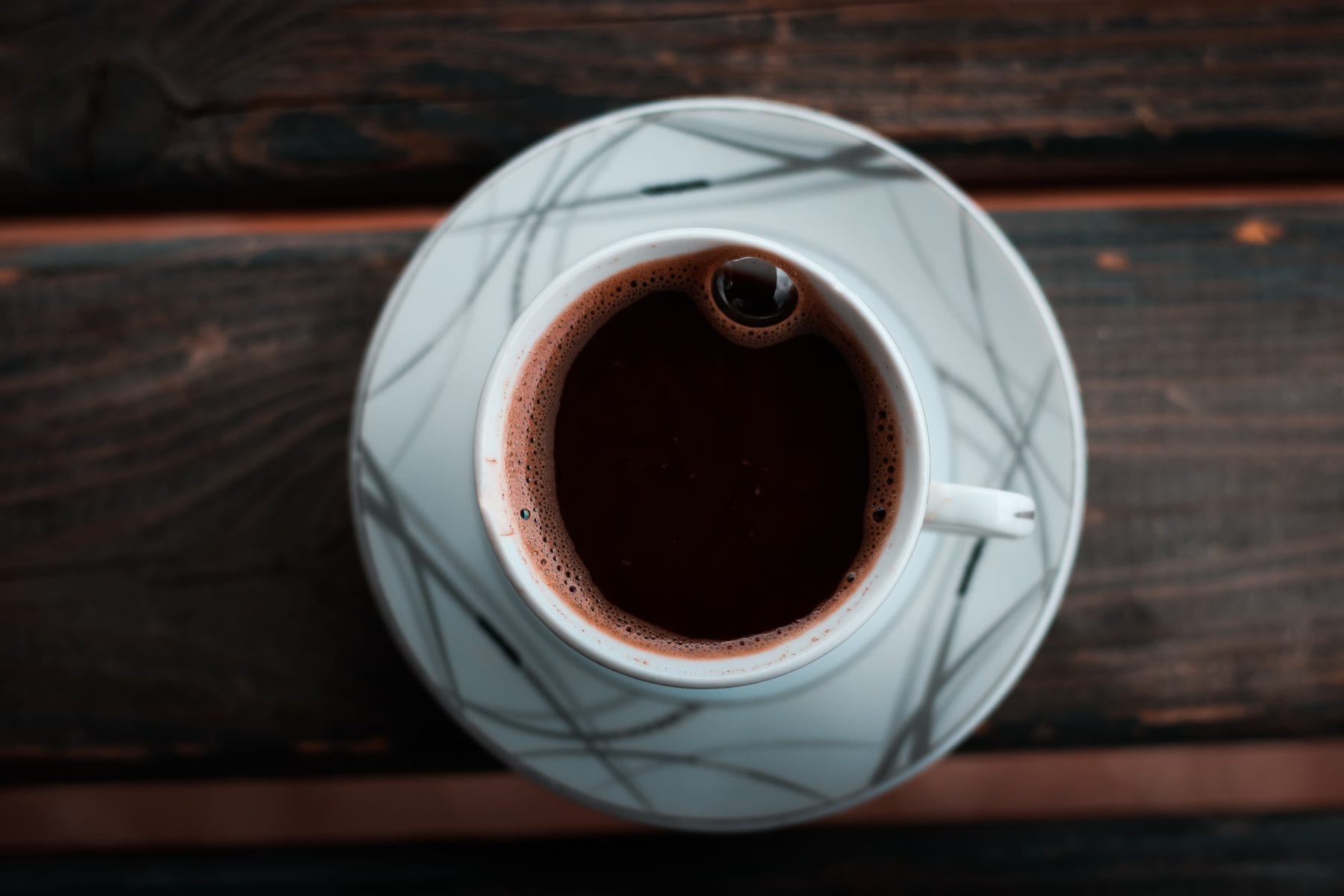


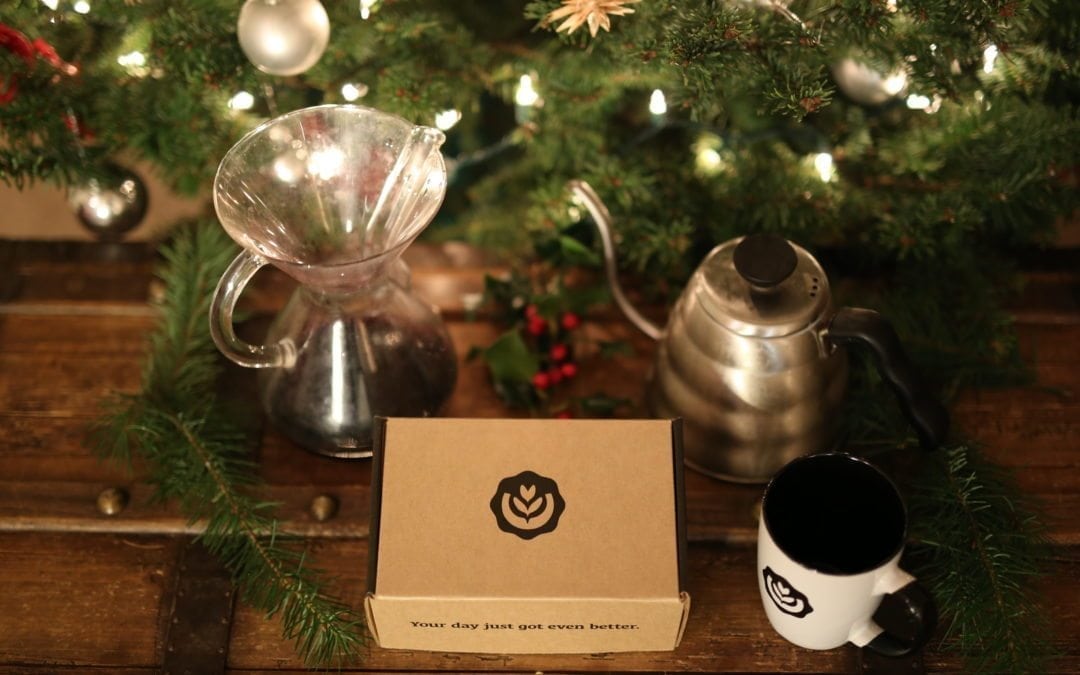
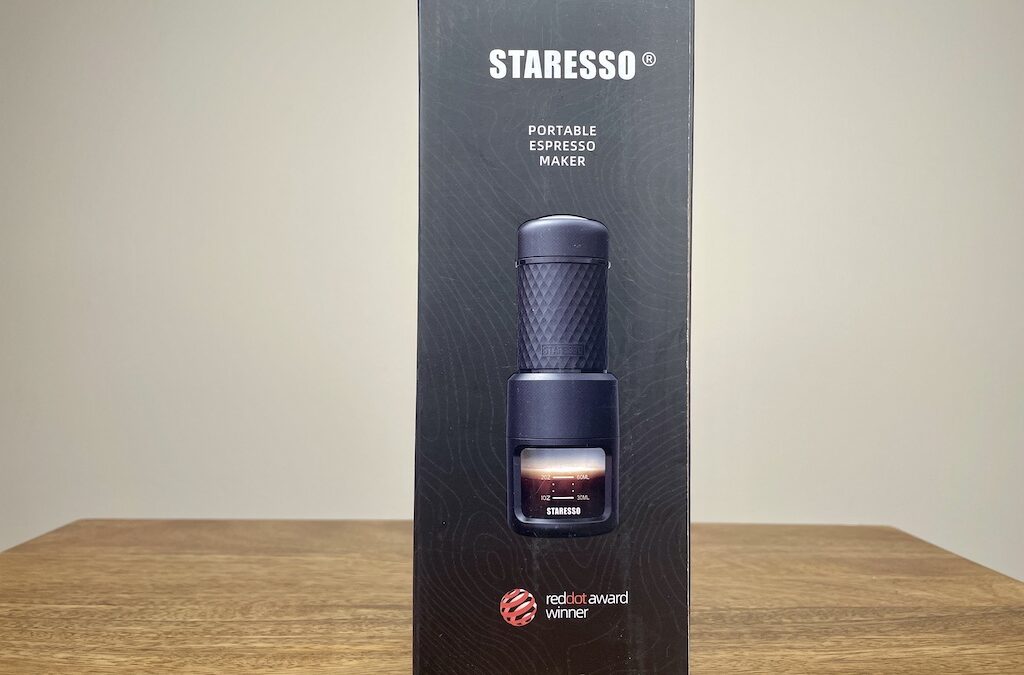
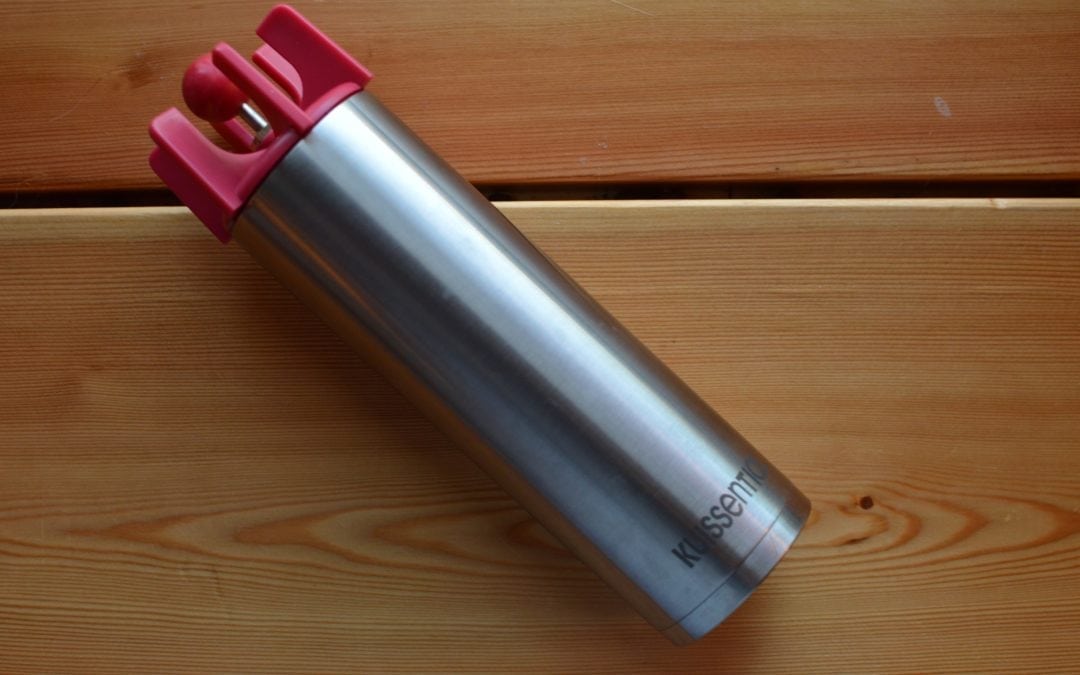
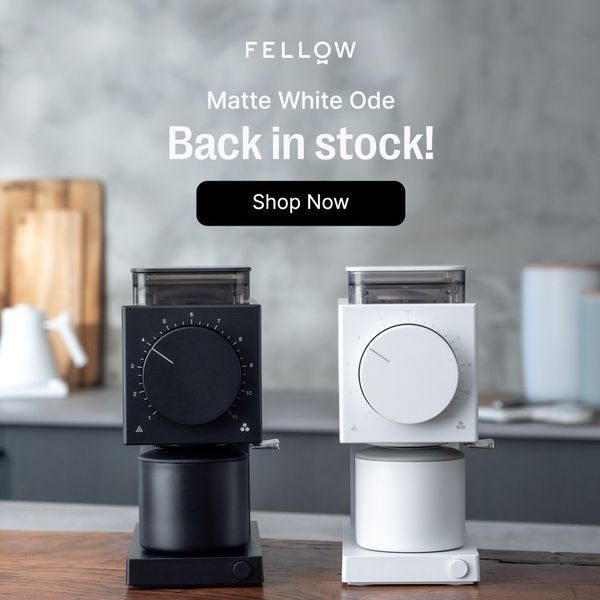

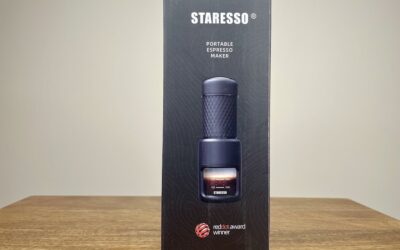
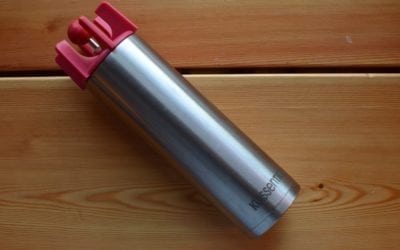
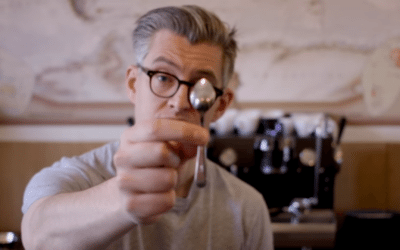
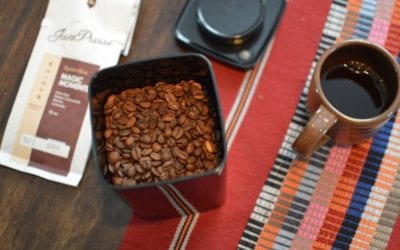
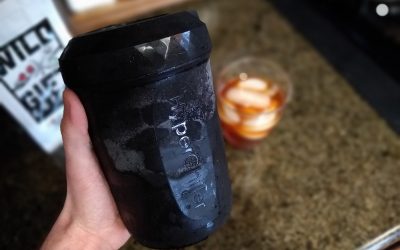
0 Comments